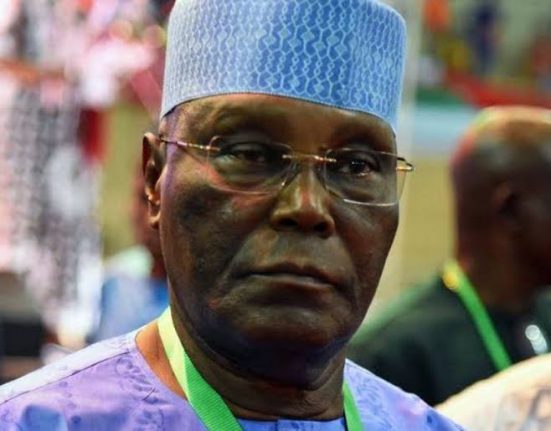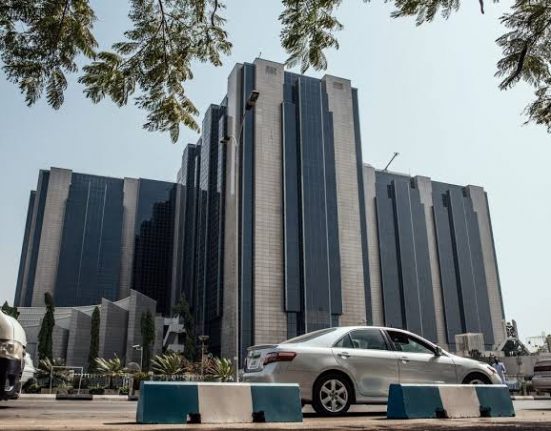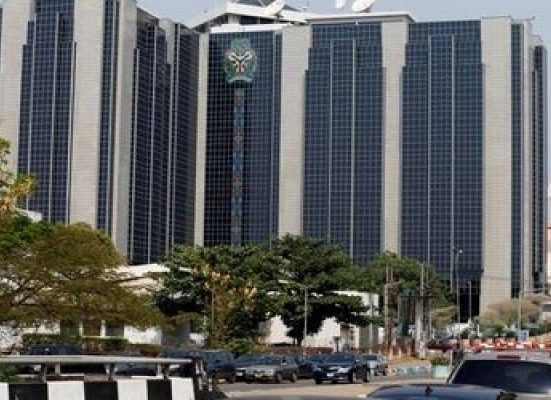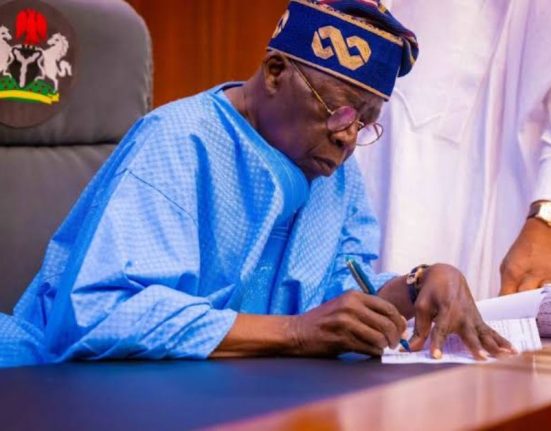By Abdulfatah Babatunde, Abeokuta
A former deputy governor of the Central Bank of Nigeria (CBN), Dr Tunde Lemo, says Nigeria’s economy will continue to comatose unless the governance approach shifts away from wasteful spending.
Lemo, who also is a one-time Managing Director of Wema Bank Plc, spoke as a Guest on “Boiling Point Arena”, a monthly online interview discourse on governance and nation-building.
“Unless there is a fundamental shift from governance approach that focuses on bloated cabinet structure, wasteful expenditures, oil theft, corruption and forex speculations adopted by privileged elites, Nigeria’s economy will continue to be overheated with dire consequences on the naira,” Lemo has posited.
Although he excused the present Tinubu Administration from blame, the ex CBN chief said successive governments have all contributed to the current economic quagmire.
“Unfortunately, the sole reason why the economic adversities have continued unchecked for many years is because Nigerians lack the power to hold our leaders accountable.
“The economic downturn grew this bad because governments at all levels view the monies accruing to them as cheap money rather than taxpayers money.”
TheNewsZenith reports that the discourse is titled “Persistent Unstable Macro-Economic Environment: Any Way Out?”
Responsding to a question on how Nigeria got it wrong economically, Lemo traced the economy history from 1960 till date.
He said the oil boom of the 70s, coupled with expensive lifestyles of the privileged few, led the country on a downward spiral.
“In 1960, we had an agrarian economy, southwest pride itself in cash crop majorly cocoa and the north, groundnut mainly among others. And of course, the middle belt is the food basket while the east had the palm oil and rubber.
“We struck oil in the mid-60s to late 70s and that was where we got it wrong. Because we had cheap dollar, our currency was heavily valued in real and effective term.
Read Related News:
President Tinubu vows to reset ailing economy
NITDA seeks collaborative funding to improve digital economy
“We had students in the universities who will collect their bursary and during the long holiday, they jet out to Rome, London, Milan and everywhere. Life then was easy.
“The Petro dollar we were earning was subsidising the expensive lifestyle of the few. Even the government began to earn income they didn’t work for,” Lemos recasted.
According to him, the buck of the money which the different arms of government were spending was not tax money.
The electorates, he said, didn’t hold them accountable because it was free money. “So, corruption was the order of the day.
“Overtime, we began to expand government expenditure. From three regions to four; to 22 states, 19 states and finally to 36 states and the FCT.”
Lemo also identified other factors that contributed to the economic downturn as over-reliance on petrol, capital flight, food importation, medical and education tourism and corruption among others.
“The trajectory of the naira has always been going up, it has never come down. The speculative activities are part of what led us to where we are.
“Our lifestyle is also why we are where we are today. Food importation in the last 10 years has averaged over $7 billion and they are mostly rice, sugar and fish.
“Why should our staple be imported food? There was a problem in Ukraine and the price of bread in Nigeria skyrocketed.
Also Read:
Lekki port to contribute $8bn to Nigeria’s economy annually
Nigerian economy sustains growth performance at 3.11% – CBN
“Travel to Europe and Asia, their staple is what they produce. It is only in Nigeria that we import our staple food.”
On education tourism, he said nigerians spend between $1 billion and $2 billion to send their children to schools abroad. Ditto on health tourism,” the financial expert said.
To mitigate these economic downturn, Lemo advised the government to reduce cost of living, particularly for low-income earners.
Lemo urged the government to sell off the nation’s refineries to the private sector that can manage them profitably.
“These assets are old. They are no longer as productive as they should be. The refineries can’t be operated by the government for profit.”
Earlier, the Olowu of Owu Kingdom, Oba Prof. Saka Matemilola, who chaired the session, appealed to Nigerians not to lose faith in the Nigerian project.
The monthly discourse, the 12th in the series, revolves around governance and nation-building.
It is the brainchild of the initiator and convener, Dr Ayo Arowojolu, a seasoned Media professional and Public Relations Strategist.
Do you have a flair for Citizenship Journalism? Share story(ies) of happenings in your area with The NewsZenith on WhatsApp: 08033668669 or thenewszenith@gmail.com







